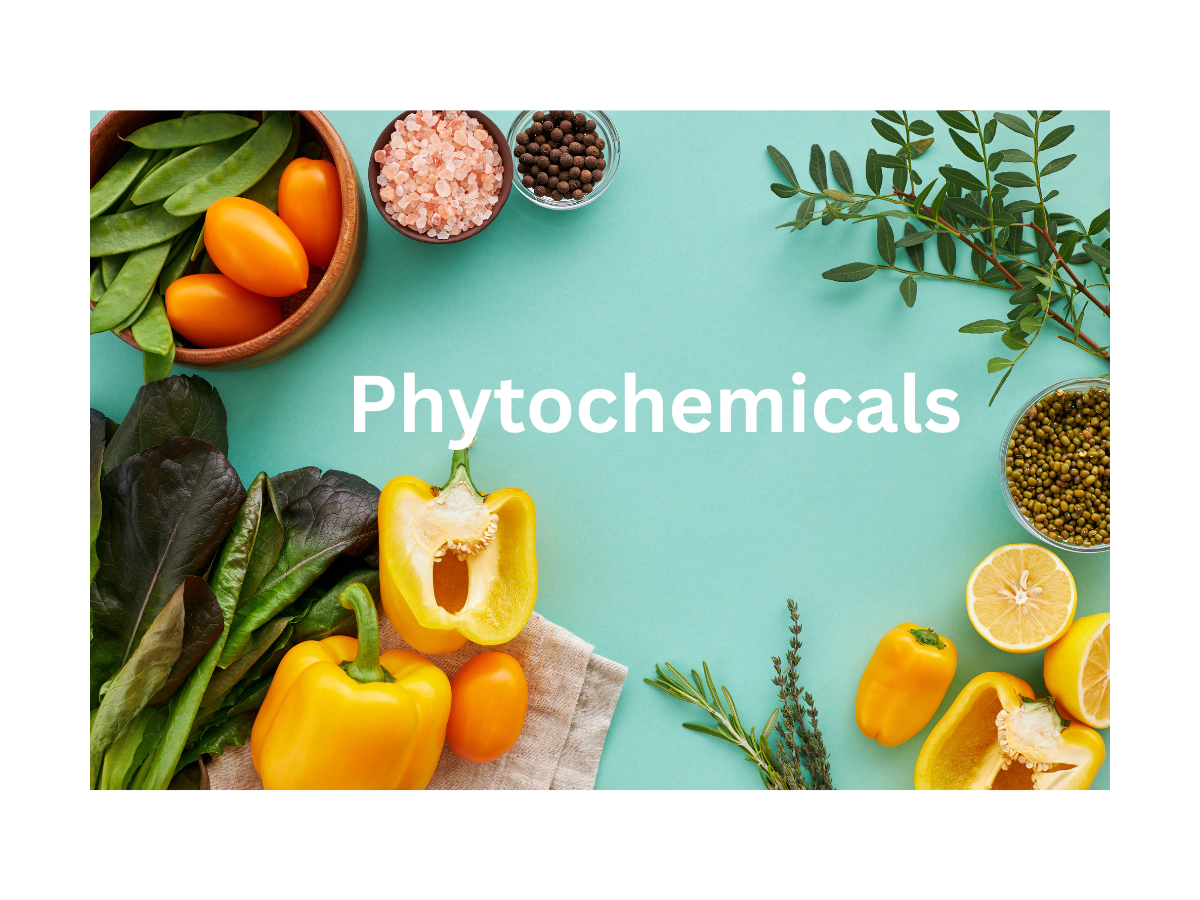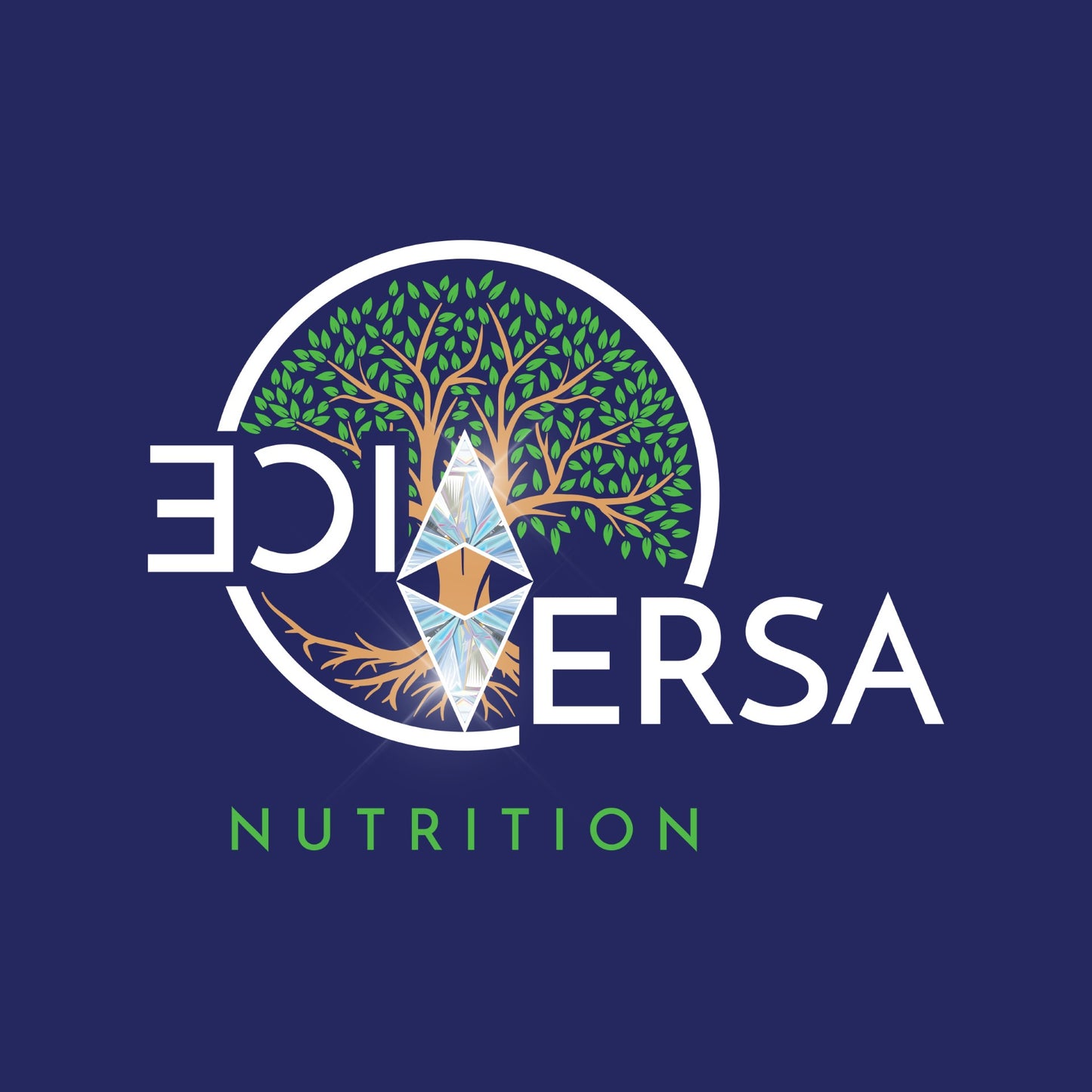
In this blog post, we will explore the latest findings on the nutritional benefits of phytochemicals, including how they can improve overall health and prevent certain diseases. We will also discuss how to incorporate more phytochemicals into your daily diet. So stay tuned to learn more about how phytochemicals can benefit your health!
What are Phytochemicals?
Phytochemicals, also known as phytonutrients, are naturally occurring compounds found in plants. These compounds are responsible for the vibrant colors, smells, and tastes of fruits, vegetables, grains, and other plant-based foods. While phytochemicals are not considered essential nutrients like vitamins and minerals, they have been found to play a crucial role in promoting good health and preventing certain diseases.
Phytochemicals have been extensively studied for their potential health benefits. Research has shown that these compounds have antioxidant and anti-inflammatory properties, which can help protect the body against oxidative stress and chronic inflammation. Additionally, phytochemicals have been found to support a healthy immune system, promote cardiovascular health, and even inhibit the growth of cancer cells.
There are thousands of different phytochemicals, each with its own unique benefits. Some common types of phytochemicals include flavonoids, carotenoids, and polyphenols. These compounds are found in a variety of plant foods, including berries, leafy greens, tomatoes, and whole grains.
Latest research studies on phytochemicals
Phytochemicals have been the subject of numerous research studies, and the latest findings continue to highlight their incredible health benefits. Let's dive into some of the most recent research on phytochemicals and what they have uncovered.
One study published in the Journal of Nutritional Biochemistry explored the effects of phytochemicals on cardiovascular health. The researchers found that a diet rich in phytochemicals, particularly flavonoids and polyphenols, was associated with a reduced risk of heart disease. These compounds were shown to have anti-inflammatory properties, which can help prevent the development of plaque in the arteries and reduce the risk of heart attacks and strokes.
Another study, published in the Journal of the American Medical Association, investigated the effects of phytochemicals on cancer prevention. The researchers found that certain phytochemicals, such as resveratrol and lycopene, showed promising results in inhibiting the growth of cancer cells. These compounds were found to have antioxidant and anti-inflammatory properties, which can help protect against DNA damage and the formation of cancerous cells.
Additionally, a study published in the British Journal of Nutrition focused on the effects of phytochemicals on brain health. The researchers found that certain phytochemicals, particularly those found in berries and leafy greens, were associated with a reduced risk of neurodegenerative diseases, such as Alzheimer's and Parkinson's. These compounds were shown to have antioxidant properties, which can help protect brain cells from oxidative stress and prevent cognitive decline.
These studies are just a few examples of the growing body of research on phytochemicals and their health benefits. The findings continue to support the idea that incorporating phytochemical-rich foods into our diets can have a significant impact on our overall health and well-being. So, don't hesitate to load up your plate with colorful fruits and vegetables, and reap the benefits of these powerful compounds!
Specific Types of Phytochemicals and Their Health Benefits
Phytochemicals are a diverse group of compounds found in plants, and each type offers unique health benefits. Let's explore some specific types of phytochemicals and how they can benefit our health.
First, let's talk about flavonoids. Flavonoids are one of the most common types of phytochemicals and can be found in foods like berries, citrus fruits, and onions. They have been shown to have antioxidant and anti-inflammatory properties, which can help reduce the risk of chronic diseases such as heart disease and certain types of cancer.
Next up are carotenoids. Carotenoids are responsible for the vibrant red, orange, and yellow colours of fruits and vegetables. Some common carotenoids include beta-carotene, lutein, and lycopene. These compounds have been linked to improved eye health, a reduced risk of certain cancers, and enhanced immune function.
Polyphenols are another group of phytochemicals that have gained attention for their health benefits. They can be found in foods like green tea, dark chocolate, and red wine. Polyphenols have been shown to have antioxidant and anti-inflammatory effects, and they may also help improve blood sugar control and reduce the risk of cardiovascular disease.
Lastly, we have sulfur compounds, which are found in foods like garlic, onions, and cruciferous vegetables. These compounds have been associated with anti-cancer properties, as well as potential benefits for heart health and immune function.
How to Incorporate Phytochemicals into Your Diet
Incorporating phytochemicals into your diet is easier than you might think! With a few simple changes, you can start reaping the benefits of these powerful compounds. Here are some tips on how to incorporate more phytochemicals into your daily meals:
1. Eat a Rainbow: One of the easiest ways to ensure you're getting a variety of phytochemicals is to eat a colourful array of fruits and vegetables. Aim to have a mix of different colours on your plate, as each colour represents different types of phytochemicals. For example, red and purple fruits and vegetables are rich in anthocyanins, while orange and yellow fruits and vegetables contain carotenoids.
2. Swap Refined Grains for Whole Grains: Whole grains, such as quinoa, brown rice, and whole wheat bread, are packed with phytochemicals. Replace refined grains with these healthier alternatives to boost your phytochemical intake.
3. Add Herbs and Spices: Herbs and spices not only add flavour to your meals, but they also provide a dose of phytochemicals. Sprinkle turmeric, oregano, basil, and cinnamon into your dishes to enhance the phytochemical content.
4. Snack on Nuts and Seeds: Nuts and seeds, like almonds, walnuts, and flax seeds, are excellent sources of phytochemicals. Snack on them between meals or sprinkle them on top of salads and yogurt for an added crunch and a nutrient boost.
5. Try Plant-Based Proteins: Incorporating plant-based proteins, such as beans, lentils, and tofu, into your meals can increase your phytochemical intake. These protein sources are not only rich in phytochemicals but also provide other essential nutrients for your body.
Remember, variety is key when it comes to phytochemicals. So, try to mix and match different types of fruits, vegetables, whole grains, herbs, spices, nuts, seeds, and plant-based proteins to ensure you're getting a wide range of these beneficial compounds. By incorporating these tips into your diet, you'll be on your way to enjoying the numerous health benefits of phytochemicals!
Thank you for taking the time to read this blog post! I hope you have a great day wherever you are in the world.
